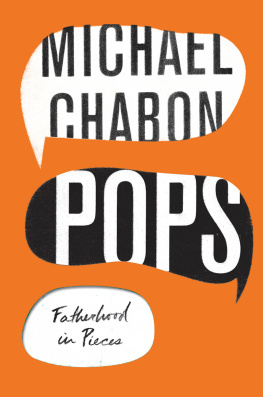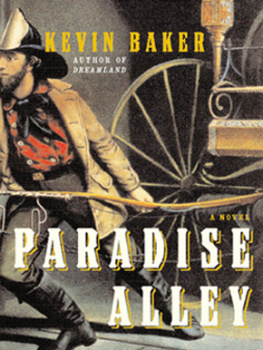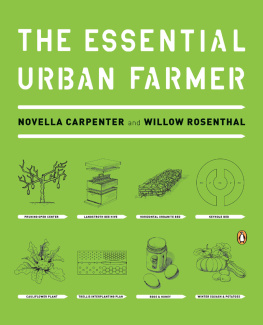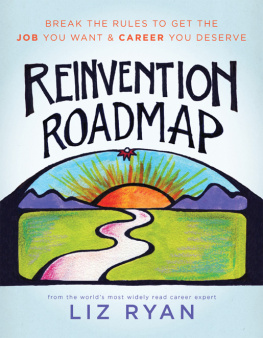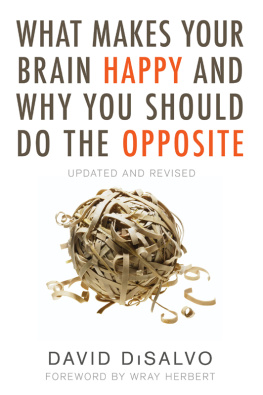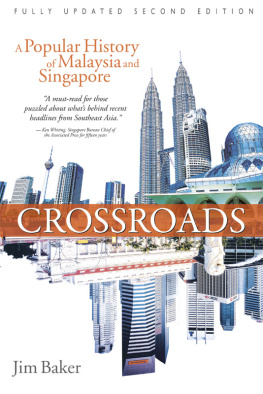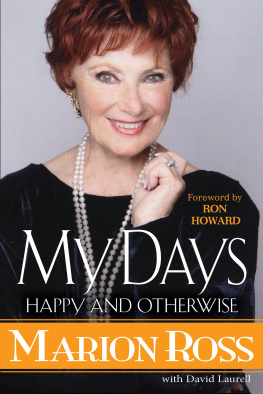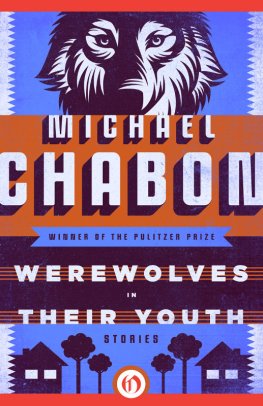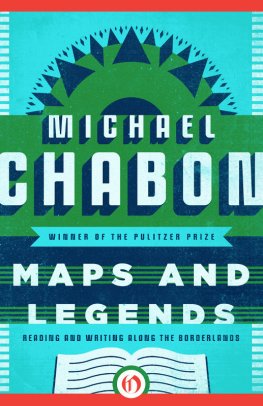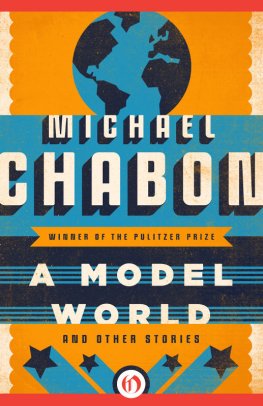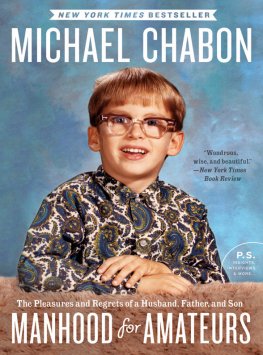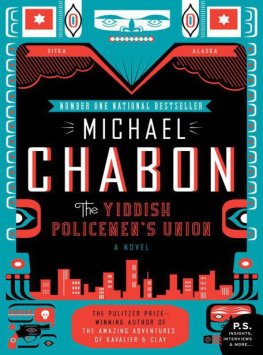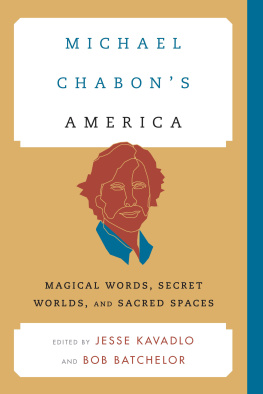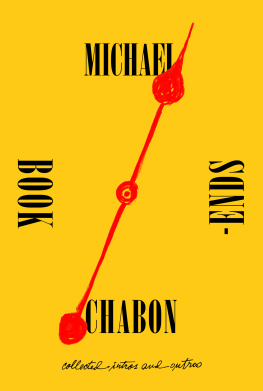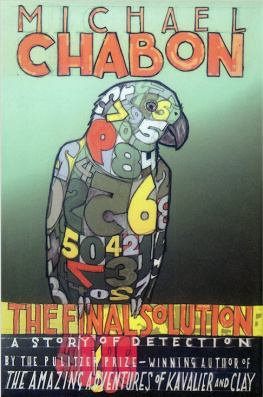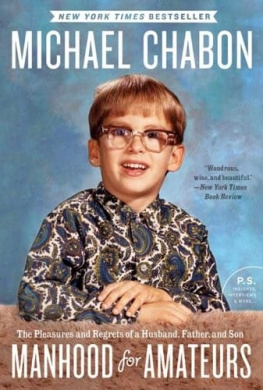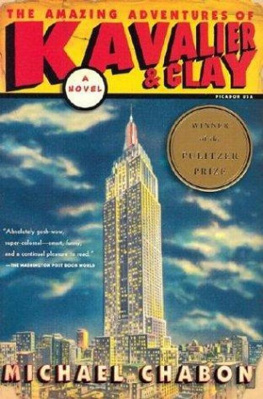Baker - Pops: fatherhood in pieces
Here you can read online Baker - Pops: fatherhood in pieces full text of the book (entire story) in english for free. Download pdf and epub, get meaning, cover and reviews about this ebook. City: New York, year: 2018, publisher: HarperCollins, genre: Detective and thriller. Description of the work, (preface) as well as reviews are available. Best literature library LitArk.com created for fans of good reading and offers a wide selection of genres:
Romance novel
Science fiction
Adventure
Detective
Science
History
Home and family
Prose
Art
Politics
Computer
Non-fiction
Religion
Business
Children
Humor
Choose a favorite category and find really read worthwhile books. Enjoy immersion in the world of imagination, feel the emotions of the characters or learn something new for yourself, make an fascinating discovery.
- Book:Pops: fatherhood in pieces
- Author:
- Publisher:HarperCollins
- Genre:
- Year:2018
- City:New York
- Rating:5 / 5
- Favourites:Add to favourites
- Your mark:
- 100
- 1
- 2
- 3
- 4
- 5
Pops: fatherhood in pieces: summary, description and annotation
We offer to read an annotation, description, summary or preface (depends on what the author of the book "Pops: fatherhood in pieces" wrote himself). If you haven't found the necessary information about the book — write in the comments, we will try to find it.
Baker: author's other books
Who wrote Pops: fatherhood in pieces? Find out the surname, the name of the author of the book and a list of all author's works by series.
Pops: fatherhood in pieces — read online for free the complete book (whole text) full work
Below is the text of the book, divided by pages. System saving the place of the last page read, allows you to conveniently read the book "Pops: fatherhood in pieces" online for free, without having to search again every time where you left off. Put a bookmark, and you can go to the page where you finished reading at any time.
Font size:
Interval:
Bookmark:
To my father, and to my children
Ive been there and back
And I know how far it is
RONNIE LANE
A t a literary party the summer before my first novel was published, I found myself alone with a writer I admired, on the deck of our hosts house along the Truckee River. People came and went with blue Mexican wineglasses and bottles of beer, but I sensed that, for whatever reason, I had the mans attention.
Im going to give you some advice, he told me, a warning edge in his voice.
I said I would appreciate that. I was curious to hear what he had to say, not because I felt in need of advice but as a clue to the mystery of the great man himself. He presented a smooth surface without chinks or toeholds, the studied amiability of someone unaccustomed to giving himself away. Advice might be the only clue I was going to get.
The great man said that his advice was going to be painfulor maybe that was just in his tonebut he knew what he was talking about, and if I wanted to make a go of it as a novelist, I would do well to pay attention. The guy was nearly twice my age, but he was not old. He was young enough, for example, to wear black Chuck Taylors. He was young enough to smile ironically at himself, laying the Polonius routine on some raw hurler of metaphors out of UC Irvine.
Dont have children, he said. Thats it. Do not. The smile faded, but its ghost lingered a moment in his blue eyes. That is the whole of the law.
I was due to marry my future ex-wife in under a month; my book would come out the following spring. It turned out that this conjunction of circumstances, in the view of the famous writer, was cause for alarm. Now, marriage was finein fact, all of the guys books were dedicated to his long-suffering wifebut if you were not careful, you would run a serious risk of damaging your career. After this one, he patiently explained, there would be a second novel to write, and second novels were notoriously thornier and more unwieldy than debuts. Following the inevitable sophomore cock-up, if I were lucky and stubborn in the proper measure, I would go on to tackle the magisterial third and fourth novels, and then the quirky fifth, the slim and elegant sixth, the seventh that, in some way, would recapitulate and ring the changes on all its predecessors, and so on, for as long as my stubbornness and luck held out. Unless, of course, I made the fatal mistake of so many would-be young hotshots before me.
You can write great books, the great man continued. Or you can have kids. Its up to you.
I nodded, reeling a little at the prophecy he had just laid down for me, a career of struggle and triumph stacked up to the heavens like Babel, book by torturous book.
I never thought about it that way, I confessed. My future ex-wife and I had gotten as far as the usual drawing up of rotisserie-league baby-name rosters, but no further. Did I need to put an immediate halt to these playful conversations, along with any more earnest ones that might arise? She was a poet, with ambitions of her own.
Poe, he said. OConnor. Welty. None of them had children. This was a list that, by implication, included him; he was a Southerner himself, and he and his beloved dedicatee were childless, too. Chekhov. Beckett. Woolf.
I tried to muster some counterexamples, but alas, the one who came immediately to mind was my current idol, John Cheever, packed into a house in Ossining with his aggrieved wife and three children. I had just been reading the memoirs of his daughter, Susan. Her childhood had been quietly calamitous, her fathers career a farrago of alcoholism, shame, and secret homosexuality. The short stories had over time come unbuttoned, the novels proceeding with the sham dignity and slow gait of drunks trying to pass for sober, while the children alternated between hoping desperately to be seen and trying to keep out of the way. It was at least arguable, I guessed, that the man ought never to have had children at all. I wondered how Susan Cheever would feel about that proposition.
Put it this way, Michael, the great man said, and then he sketched out the brutal logic: Writing was a practice. The more you wrote, the better a writer you became, and the more books you produced. Excellence plus productivity, that was the formula for sustained success, and time was the coefficient of both. Children, the great man said, were notorious thieves of time. Then there was the question of subject matter, settings, experiences; books were hungry things, and if you stayed too long in any one place, they would consume everything and everyone around you. You needed to keep moving, always onward, a literary Masai driving your ravenous herd of novels. Travel, therefore, was a must, and I should take his word for it, because he had made a careful study: Traveling with children was the worlds biggest pain in the ass. Anyway, writers were restless folk. They could not thrive without being able to pick up and go, wherever and whenever it suited them. Writers needed to be irresponsible, ultimately, to everything but the writing, free of commitments to everything but the daily word count. Children, by contrast, needed stability, consistency, routine, and above all, commitment. In short, he was saying, children are the opposite of writing.
Thomas Mann? I tried. I had been racking my brain to think of a great writer who was a family man but not calamitously so, like Cheever. My enthusiasm for Mann had faded of late, but I would never forget the rapture of the summer I had spent, five years earlier, climbing The Magic Mountain.
Thomas Mann? the great man said. He grinned; I had walked right into his trap. Thomas Mann used to lock himself in his room! Every day! For hours! His children were forbidden to disturb him, on pain of death, and thats barely an exaggeration. His children were a disturbance to him. When he was working, they were a source of pain. I mean, forget the question of getting your work done, is that the kind of father you want to be?
That was an easy one to answer. I knew, without ever having discussed it with my future ex-wife or anyone, the kind of father I wanted to be. Unlike my own father, I would be around for my children whenever they needed me, over breakfast, doing homework, when they learned to swim, to cook, to ride a bicycle; when they cried into their pillows. I would be present in my childrens lives. In short, my door would always be open to them. Until now it had never occurred to me that this ambition might be incompatible with the practice of writing.
Richard Yates, said the great man, preparing to deliver the tercio de muerte, like one of Hemingways matadors. You know what Richard Yates said?
Oh, no, I thought. I revered the bleak and gimlet-eyed Yates, for Easter Parade and Revolutionary Road and Eleven Kinds of Loneliness; no way was this going to be anything but grim.
You lose a book, the great man quoted, or paraphrased, or possibly invented himself, for every child.
Now the great man smiled. He could see the effect that his words were having on me as I stood there trying to reckon how many books I stood, or would stand, to lose. My future ex-wife and I had settled on two names, one male, one female. This suggested a worst case of two books, two books erased, wiped away by the universal solvent of children. I supposed I could live with that. But what if, after the first two, there was an accident, too much wine in the afternoon, a failure of birth control; and what if, God forbid, that third pregnancy turned out to be twins? Suddenly, in my imagination, I was clinging to the base of that half-built Babel, up to my ankles in a roiling surf of babies and brats, the non-author of an entire shelf of great novels I would never be able to write, any one of them conceivably my masterpiece.
Font size:
Interval:
Bookmark:
Similar books «Pops: fatherhood in pieces»
Look at similar books to Pops: fatherhood in pieces. We have selected literature similar in name and meaning in the hope of providing readers with more options to find new, interesting, not yet read works.
Discussion, reviews of the book Pops: fatherhood in pieces and just readers' own opinions. Leave your comments, write what you think about the work, its meaning or the main characters. Specify what exactly you liked and what you didn't like, and why you think so.

